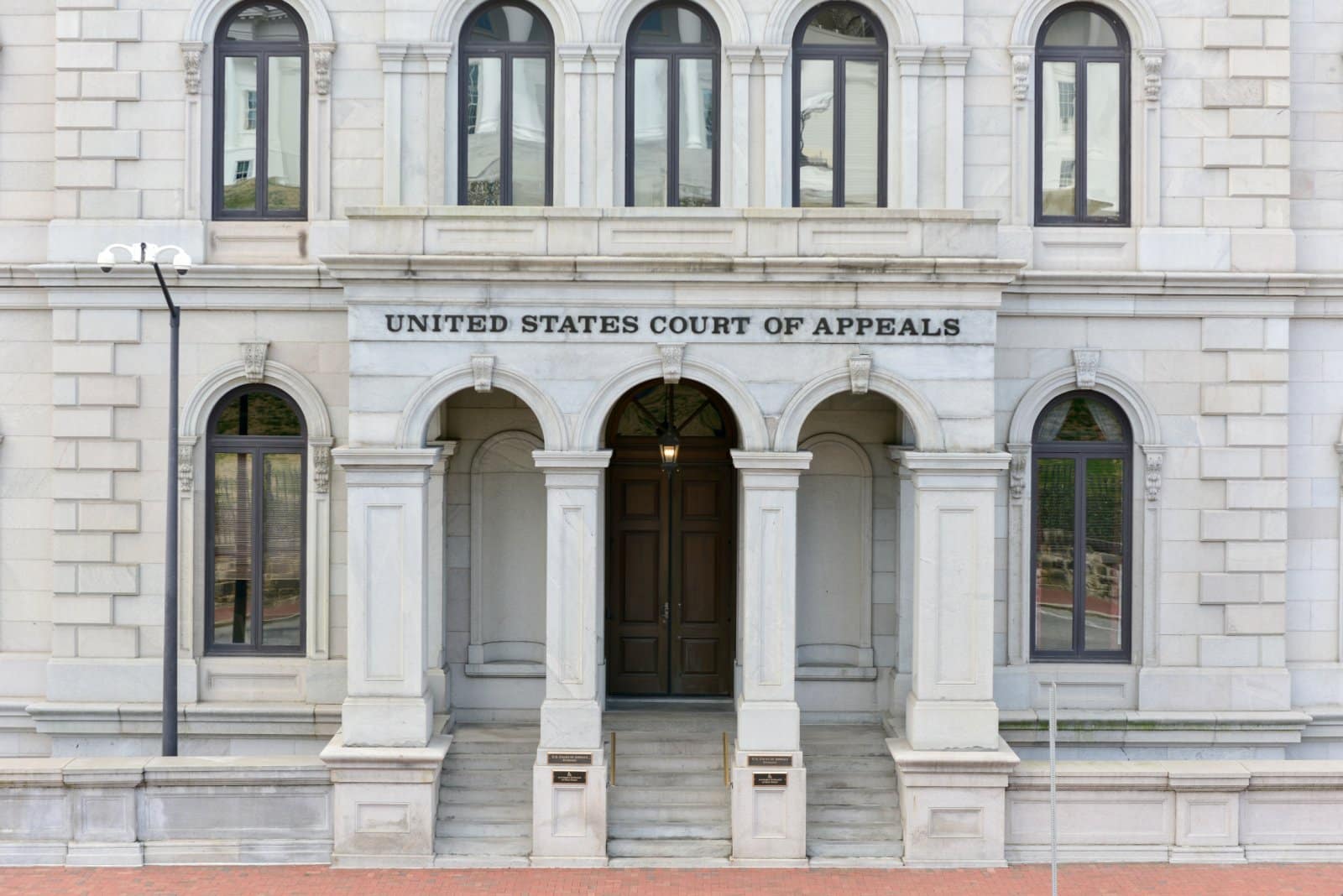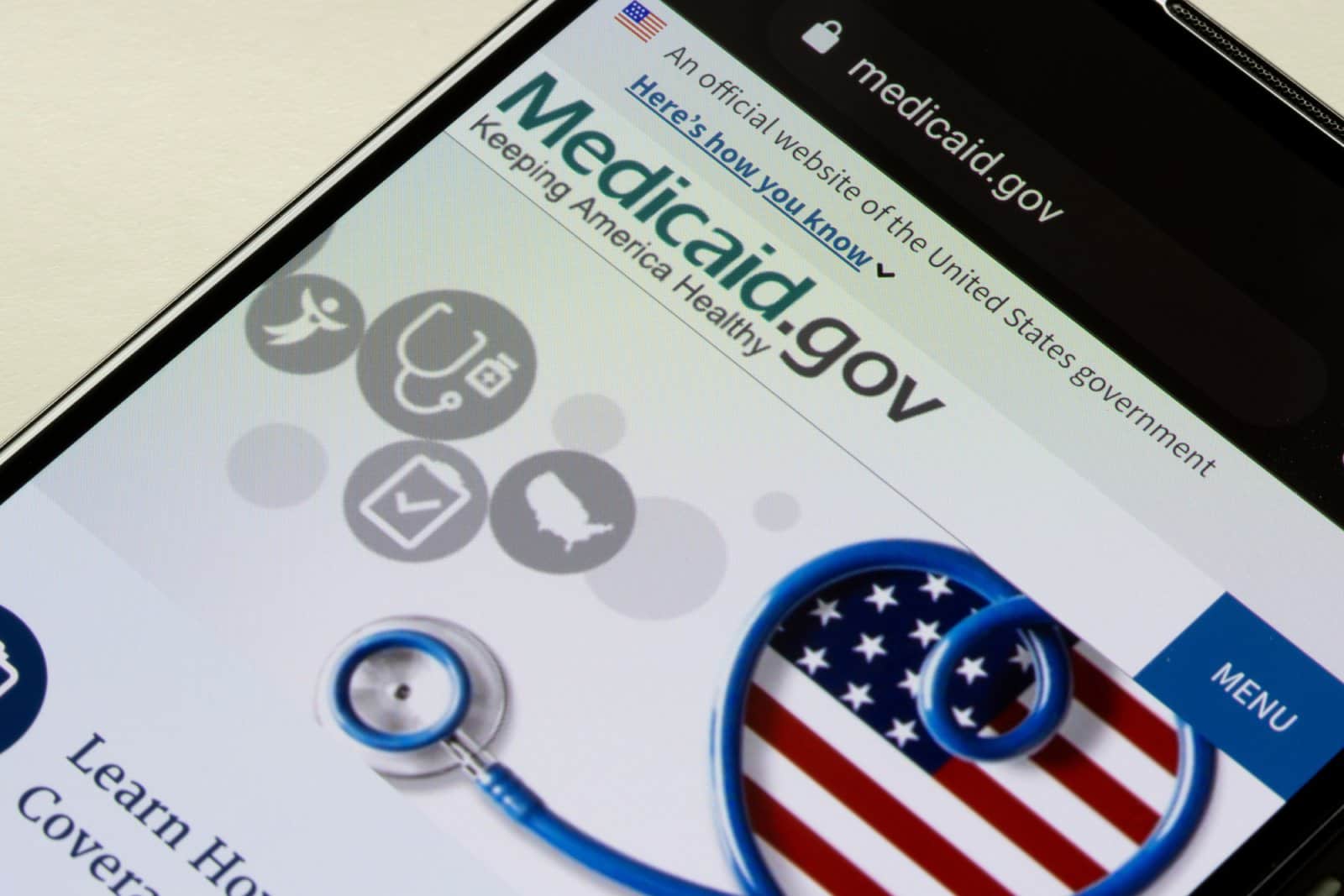The 4th U.S. Circuit Court of Appeals in Richmond, Virginia, has issued a landmark ruling that will require state-run health insurance plans to cover gender-affirming surgeries for transgender people, a first in U.S. history for such a federal appellate court mandate. The decision centered on employee health plans in North Carolina and West Virginia, two states that are now continuing to fight against the decision.
A Ground-Breaking Decision

The 4th U.S. Circuit Court of Appeals in Richmond, Virginia, has made a groundbreaking decision mandating that it will force state-run health insurance plans to cover gender-affirming surgeries for transgender individuals.
The First Time in History

This new Court decision marks the first time in United States history that a federal appellate court has made such a mandate for gender-affirming care.
State Medicaid Programs

The court decision was centered around employee state health plans in North Carolina and West Virginia Medicaid programs, which previously excluded surgeries for transgender patients.
Exclusion Based On Costs

However, it has been reported that the North Carolina and West Virginia Medicaid programs excluded surgeries for transgender patients based on cost considerations rather than transgender discrimination.
Rejected State Arguments

Led by Clinton-appointed Judge Roger L. Gregory, the court explicitly rejected the arguments from North Carolina and West Virginia that the policies were non-discriminatory.
Regardless of Intentions

In the end, the court determined that the exclusions were, in fact, discriminatory against transgender Americans regardless of the state’s intentions.
Medically Necessary Treatments

The court felt that these exclusions denied medically necessary treatments for people based on their gender identity and struggle with gender dysphoria.
Obviously Discriminatory

Lead Judge Roger Gregory said, “Such policies were ‘obviously discriminatory’ because they did not cover medically necessary treatments for transgender people that they did cover for others.”
Violating the Affordable Care Act

The court also highlighted that West Virginia’s Medicaid policy, in particular, violated the Affordable Care Act’s antidiscrimination provision (ACA).
Wider Implications

Now that the decision has been finalized, it will have wide-ranging implications across the United States and could potentially influence Medicaid plans throughout the country.
A Legal Precedent

This decision could also set a new legal precedent for healthcare providers having to develop more inclusive healthcare plans for the transgender community.
Celebrating the Precedent

Since the court’s decision was announced, many people have come forward to celebrate the decision and the progressive precedent it will set going forward.
Ensuring Access to Treatments

Lambda Lawyer Omar Gonzalez-Pagan represented the plaintiffs and highlighted the ruling’s importance for addressing healthcare discrimination and ensuring access to necessary medical treatments for transgender individuals.
A Clear Message

Pagan said, “The court’s decision sends a clear message that gender-affirming care is critical medical care for transgender people and that denying it is harmful and unlawful.”
Holding on to Arguments

However, not everyone has celebrated this new decision, with some people holding on to North Carolina’s and West Virginia’s original argument that the policies were not meant to be discriminatory.
Financial Concerns

One such voice is North Carolina Treasurer Dale Folwell, who responded to the court ruling by highlighting the state’s financial concerns.
Everything for Everyone

Treasurer Folwell said North Carolina is “Facing the real risk of looming insolvency,” and the state employee plan “cannot be everything for everyone.”
West Virginia AG Speaks Out

West Virginia Attorney General Patrick Morrisey also spoke out about the issue and said states should have autonomy rights when developing healthcare plans for their citizens.
How the State Spends Its Resources

AG Morrisey said, “Our state should have the ability to determine how to spend our resources to care for the vital medical needs of our citizens.”
A Dissenting Opinion

Circuit Judge Jay Richardson has also spoken out about the issue and says it should be within a state’s rights to determine specific treatments’ cost-effectiveness and medical necessity.
The post Gender-Affirming Surgeries Now Covered by State Health Plans, Federal Court Rules first appeared on Pulse of Pride.
Featured Image Credit: Shutterstock / Gorodenkoff.

